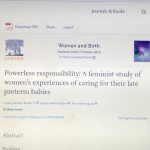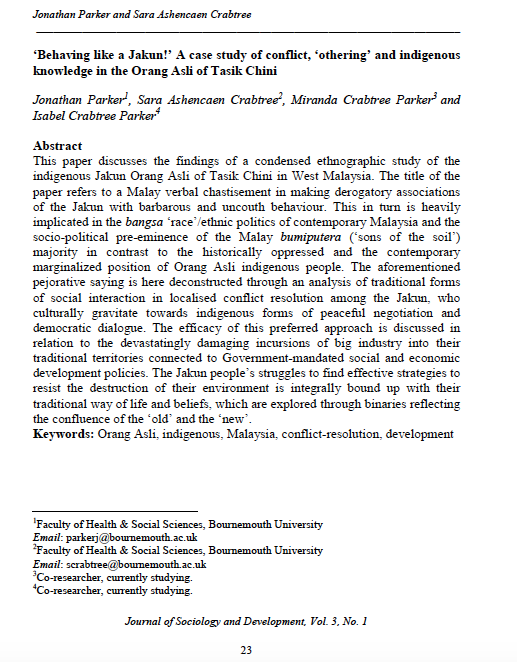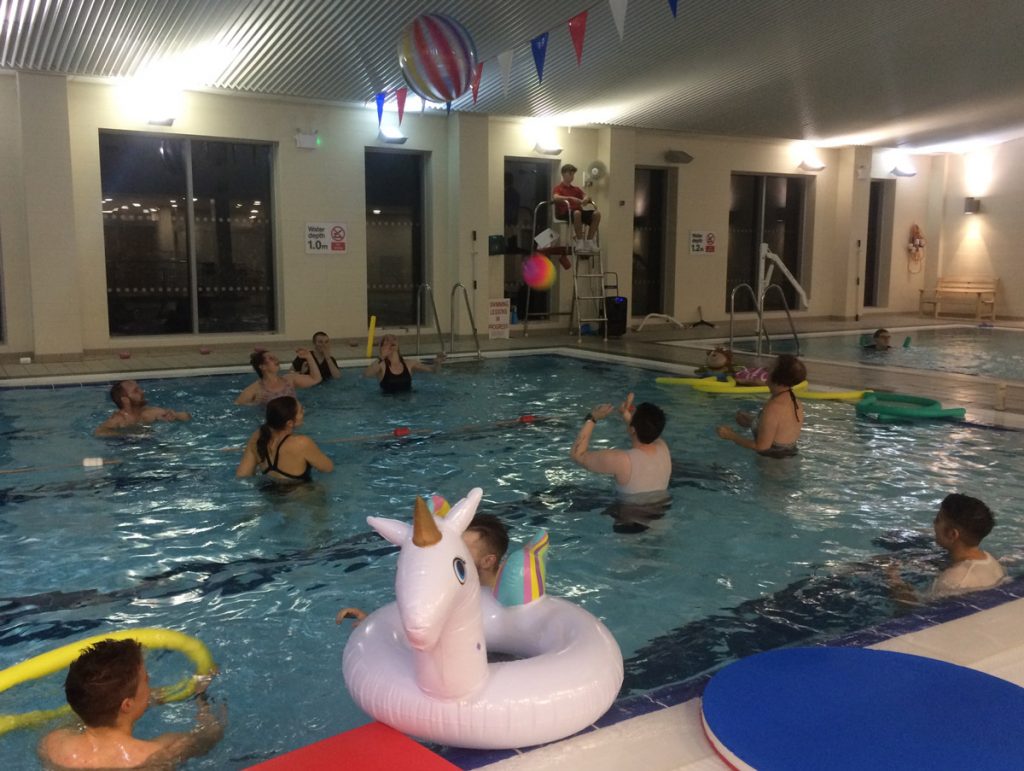This discussion forum is a ‘spin-out’ event following the Conference ‘Deep Transformations and the Future of Organisations’ (6-7 December). It would be the very first event aiming to bridge UK-Japan researchers who are specialised in the research field of the B2B and business transformation in the globalised era.
Two presenters are invited to this colloquial from Japan, Professor Takemoto (Innovation & Management Laboratory, Fukui University) and Mr Ikematsu, (Consultant/Researcher, ex strategist for Fujitsu).
Professor Takemoto will talk about the revitalisation projects with entrepreneurial movements in Fukui area, referring to the concepts of ‘Creative destruction’ and ‘Planned Happenstance Theory’.
Mr Ikematsu will talk about his experiences from the marketing and economical points of view, presenting the ‘straggles’ to change Fujitsu from the B2B model firm to the B2C model firm. His presentation will be also a good case of innovation dilemma and network externalities.
The colloquial will be carried out via the Skype conference method. Dr Hiroko Oe will act as a facilitator for this colloquial and Dr Kaouther Kooli will perform as a supervisor for this event who liaises the outcome from the main Conference the week before.
BU ECRs and the PG students will be invited to the colloquial, too. Dr. Ediz Akcay (Lecturer in Digital Marketing) and Dr Yan Liang (Lecturer in Strategy) will be there as discussants.
This colloquial will provide unique and interesting views from the different cultural context of Japanese cases, including some key topics of the UN SDGs (e.g., Goal 9 ‘Industry, innovation and infrastructure’, Goal 11 ‘Sustainable cities and communities’, and Goal 17 ‘Partnerships for the goals’).
 If you’re an arts and humanities early career researcher who has applied to Round 4 (or thinking of applying to future rounds) of the
If you’re an arts and humanities early career researcher who has applied to Round 4 (or thinking of applying to future rounds) of the 

 elation to their needs, rather than the focus being almost exclusively on their babies.
elation to their needs, rather than the focus being almost exclusively on their babies.













 SPROUT: From Sustainable Research to Sustainable Research Lives
SPROUT: From Sustainable Research to Sustainable Research Lives BRIAN upgrade and new look
BRIAN upgrade and new look Seeing the fruits of your labour in Bangladesh
Seeing the fruits of your labour in Bangladesh Exploring Embodied Research: Body Map Storytelling Workshop & Research Seminar
Exploring Embodied Research: Body Map Storytelling Workshop & Research Seminar Marking a Milestone: The Swash Channel Wreck Book Launch
Marking a Milestone: The Swash Channel Wreck Book Launch ECR Funding Open Call: Research Culture & Community Grant – Application Deadline Friday 12 December
ECR Funding Open Call: Research Culture & Community Grant – Application Deadline Friday 12 December MSCA Postdoctoral Fellowships 2025 Call
MSCA Postdoctoral Fellowships 2025 Call ERC Advanced Grant 2025 Webinar
ERC Advanced Grant 2025 Webinar Update on UKRO services
Update on UKRO services European research project exploring use of ‘virtual twins’ to better manage metabolic associated fatty liver disease
European research project exploring use of ‘virtual twins’ to better manage metabolic associated fatty liver disease